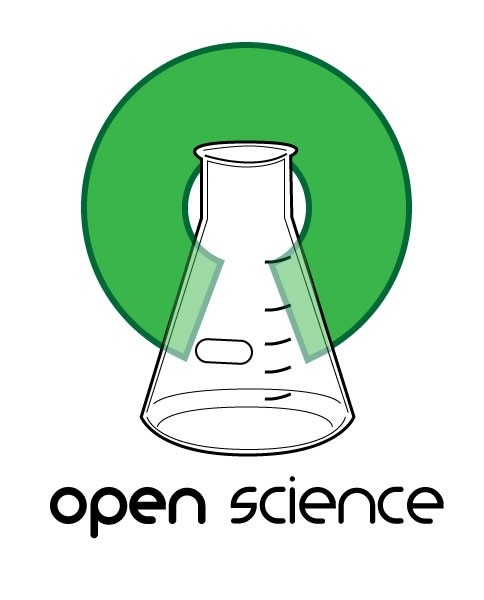The open science landscape is shifting


At the meeting of the EU Competitiveness Council in Brussels May 27, ministers for research and innovation talked Open Science, unanimously agreeing to make all European scientific articles free by 2020
Chairing the Council, Sander Dekker, State Secretary of Education, Culture and Science of the Netherlands told the council:
“Open Science is a topic which is very dear to our hearts. During the Netherlands presidency, we have aimed at bringing Europe to the forefront of global change and at leading the transition to a new way of doing research and science based on openness, big data and cloud computing.
Open Science breaks down the barriers around universities and ensures that society benefits as much as possible from all scientific insights. In that way we maximize the input of researchers, universities and knowledge institutions.
Today, building on work done during recent months, particularly at the April conference when we approved the "Amsterdam Call for Action on Open Science", I can say that we have made a major step forward".
How?
The Council held a public debate on Open Science and agreed to adopt draft Council conclusions that addressed key aspects, including open access to scientific publications, optimal re-use of research data, and creating a friendly environment for research and innovation.
Member states agreed to common goals on Open Science and delegations committed to open access to scientific publications as the default option by 2020.
The council looked at road-mapping a transition towards an open science system, taking
into account the European Research Area (ERA) and the implementation of national ERA roadmaps.
Some delegations took the Amsterdam Call for Action on Open Science - the EU action plan for open-access by 2020, as their reference point for intervention.
Established at a Netherlands-hosted conference last April, the AMCAOS put forward 12 action points to pave the way for the transition to open science, grouped around five overlapping themes that follow the structure of the European Open Science Agenda.
The conclusions
The conclusions are related to lessons learnt from the 7th Framework Programme for research (FP7) - the EU’s previous instrument for funding research that ran from 2007 – 2013 (the Horizon 2020 programme is now in place) and future outlook, and the creation of a friendly regulatory environment for research and innovation.
The debate centered around five key aspects, reflected in the conclusions:
The importance of the European Open Science Cloud and the Open Science Policy Platform, in the context of the European Open Science Agenda
Removing barriers and fostering incentives for open science policy
Opening access to scientific publications and optimal re-use of research data
Mainstreaming and further promotion of open science policies
Embedding open science in society to make science more responsive to societal and economic expectations
.png)
Creating a friendly environment for research and innovation (R&I)
Among other key issues in the conclusions on R&I, the council reiterated a 2015 working document that found that there is no simple relation between research and innovation and the regulatory environment, because of a large number of systematic factors affecting the sector.
There are barriers to research and innovation in existing legislation applicable to specific EU level sectors and as such there’s a need to evaluate the impact of existing or proposed legislation on research and innovation.
Why Open Science?
Open Science means a move from a system where it’s difficult to track-down and access the results of scientific research to an open system where results are widely distributed and available to all kinds of users.
According to a 2015 final evaluation, the FP7 made a concrete impact on science, society and economy.
Open science holds the potential to create jobs, boost Europe’s economies and innovation, and attract start-ups and valuable investment. Part of transitioning to an open science system means transforming science through ICT tools, networks and media, and making research more open, global, collaborative, and closer to society.

